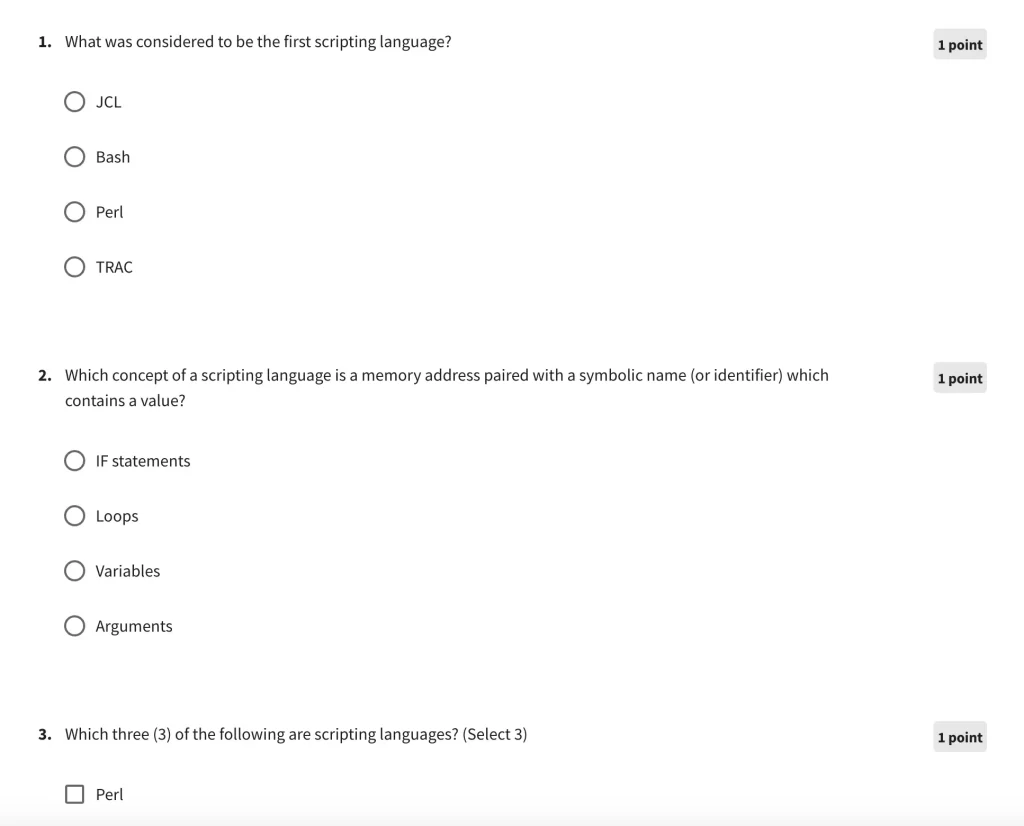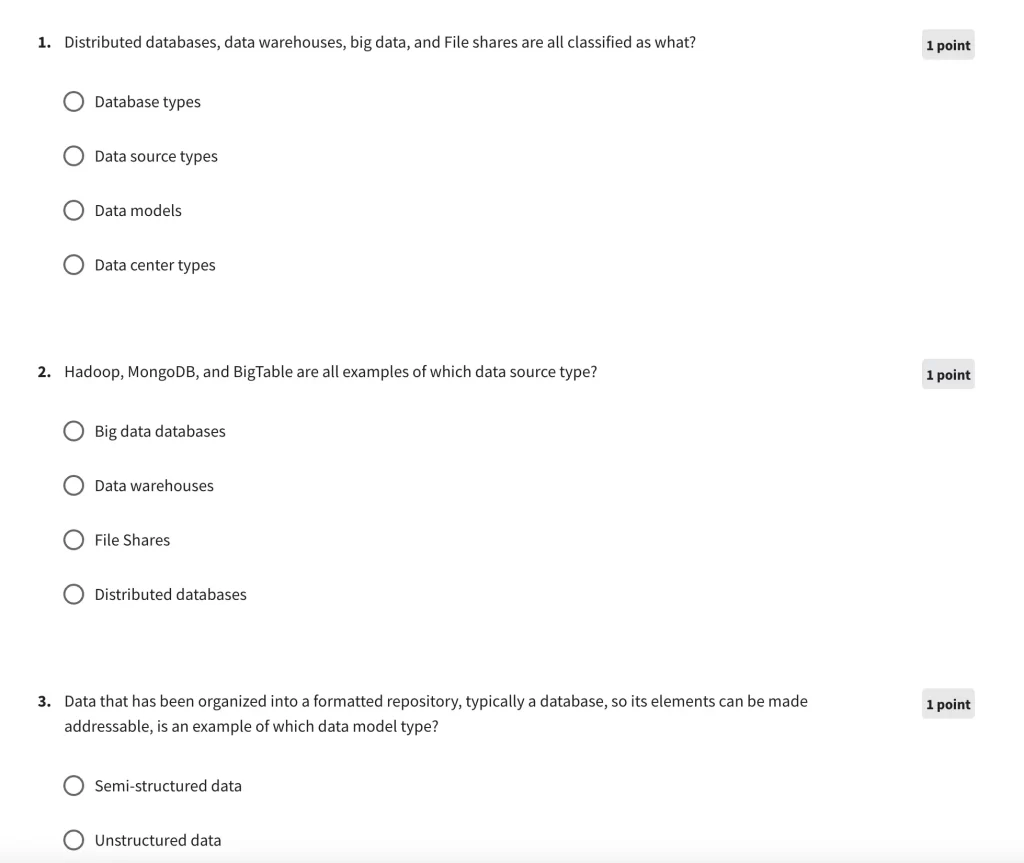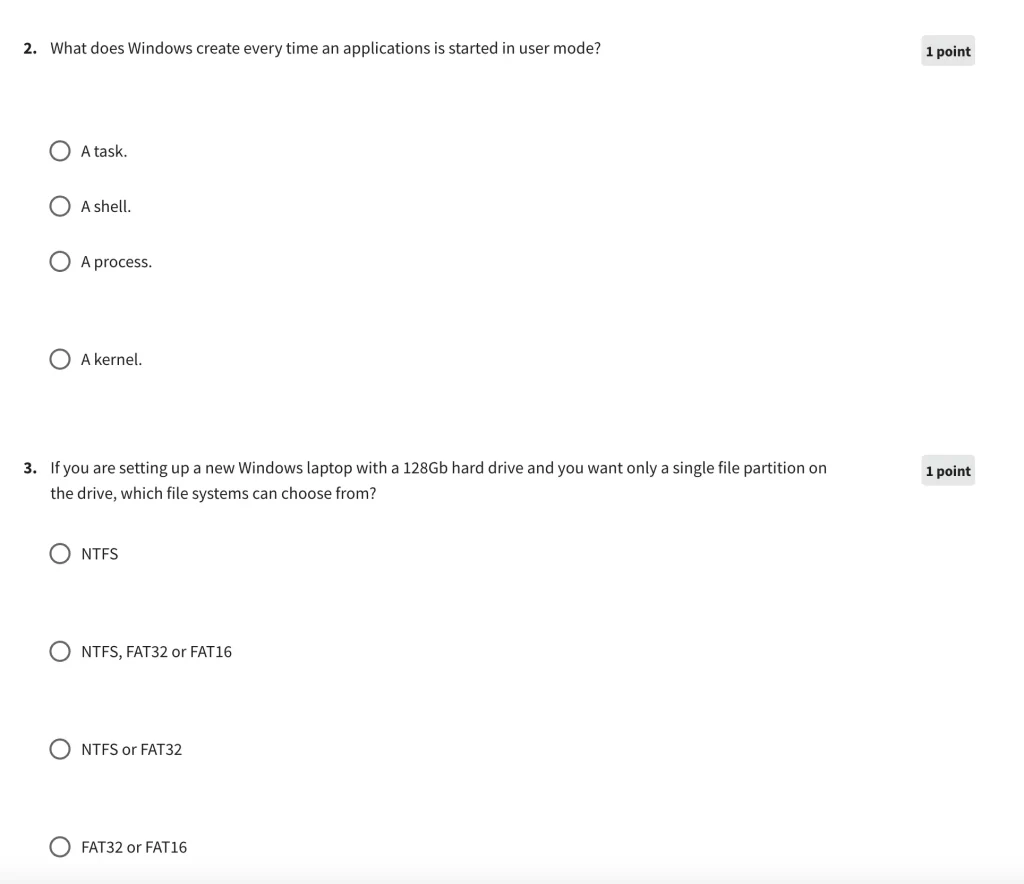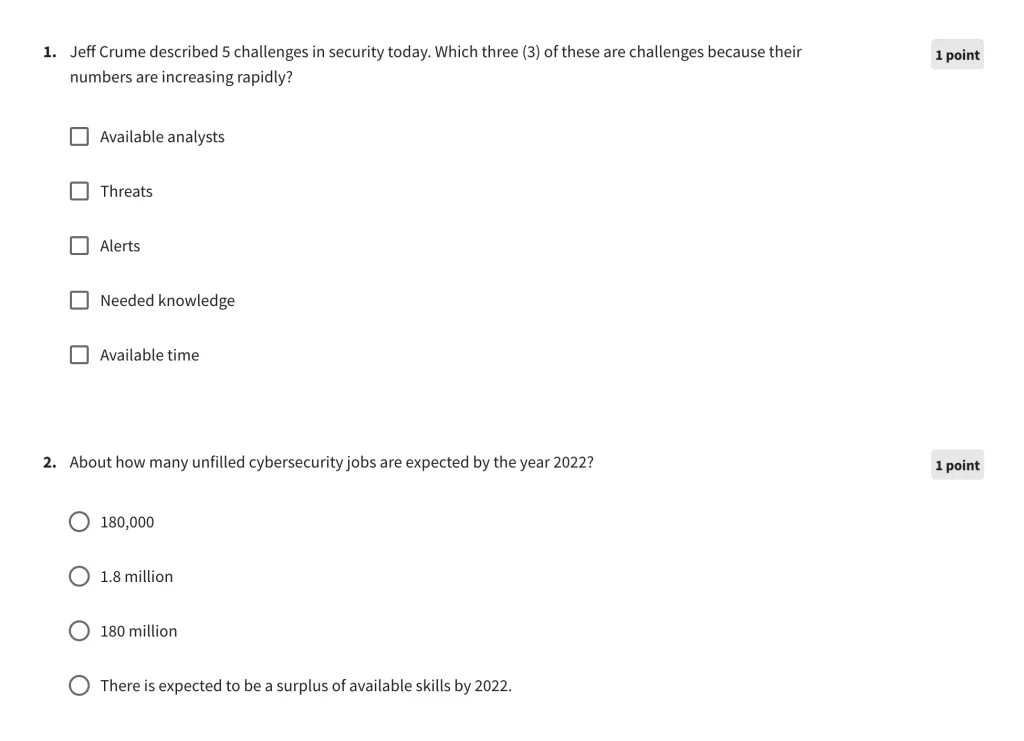- What is the IBM Cybersecurity Analyst Certificate?
- How Much Does the IBM Cybersecurity Analyst Certificate Cost?
- IBM Cybersecurity Analyst Certificate Contents
- IBM Cybersecurity Analyst Certificate Exams
- How Hard is the IBM Cybersecurity Analyst Certificate?
- Is the IBM Cybersecurity Analyst Certificate Worth it?
- Related Certifications
In this review, you'll learn everything you need to know about the IBM Cybersecurity Analyst Certificate. Ranked as one of the top certificates for cybersecurity professionals, this IBM online training will help you launch your career in the cybersecurity industry.
By the end of this review, you’ll know what it takes to become a cybersecurity analyst. You’ll learn what a cybersecurity analyst does, how long it will take to get certified, and what the exams look like.
The IBM Professional Cybersecurity Analyst is an excellent course taught by highly experienced professionals. Within as little as 3 months, students can learn all of the in-demand skills they need to excel in the cybersecurity landscape, opening the door to a potential salary of around $84,400 per year.
The program is ACE-approved, and by the time you’re done learning, you’ll be comfortable with leading cybersecurity tools. Plus, you’ll have a portfolio of work you can show to potential employers.
What is the IBM Cybersecurity Analyst Certificate?
The IBM Cybersecurity Analyst Certificate is an all-in-one guide to the foundations of maintaining, implementing, and evaluating security in a digital environment. It prepares students for various exciting, well-paid roles in cybersecurity.
Students learn to leverage professional analyst tools for data protection, endpoint protection, and SIEM. You’ll uncover key compliance and threat intelligence strategies crucial to the modern landscape. Plus, you’ll learn how to respond to potential incidents with insights from real-world case studies. You’ll also earn college credits you can put towards a comprehensive degree.
The certificate is split into 8 courses, which can be taken at your own pace. Successful students gain a recognized industry credential from IBM. Plus, you’ll create a portfolio via hands-on projects you can share with potential employers and business leaders.
Who Should Follow this Certificate?
This certificate is designed for beginners. However, you will need to be comfortable working with computers, interested in developing new technical skills, and capable of handling collaborative problem-solving tasks. By the end of the program, you will have completed a real-world, hands-on project capable of preparing you for a career in cybersecurity.
If you want to start a career in threat intelligence, penetration testing, network security, incident response, or vulnerability testing, this could be the best cybersecurity certificate for you. According to IBM, 20% of certificate graduates from this course have started a new career.
What You’ll Learn?
The IBM Cybersecurity Analyst Certificate covers all of the key elements of security in a digital world. You’ll work alongside tools like Wireshark, IBM Guardium, MaaS360, QRadar, Resilient, and i2 Enterprise Insight Analysis.
Throughout the 8 self-paced courses, you’ll be introduced to the key components of cybersecurity analysis and the strategies criminals use to access data. You’ll learn about the roles involved in protecting essential assets in a business. Plus, you’ll gain a step-by-step insight into compliance frameworks, system administration, and forensics.
By the time you’re done learning, you’ll know how to:
- Examine, audit, and implement best practices for network security
- Adhere to industry standards for compliance and data protection
- Understand the key threats facing each digital entity in the modern world
- Respond to potential breaches to reduce threat outcomes
- Investigate real-world security breaches to identify potential vulnerabilities
- Work with virtual labs to apply practical skills for data security
Time Investment and Certification
The time required to earn your certification from IBM will depend on the number of hours of study you can commit to the program each week. At a pace of 10 hours per week, you can complete the course within approximately 3 months. However, most students will learn at a pace of around 3-4 hours per week, leading to around 8 months of study.
You will need to complete all of the courses, their associated projects, and quizzes, as well as the hands-on labs included in the course, to earn your IBM certificate. The certificate is ACE accredited, equivalent to 10 credits towards another high-level degree.
How Much Does the IBM Cybersecurity Analyst Certificate Cost?
The total cost to get the IBM Cybersecurity Analyst Certificate is $312. Coursera offers the course through a Coursera subscription which costs $39 per month. On average, it takes eight months (8 X $39) for students to complete the course and get certified.
Coursera offers a 7-day free trial to review the course material before committing to a paid plan.
IBM Cybersecurity Analyst Certificate Contents
This professional certificate includes eight courses covering the following topics:
- Introduction to Cybersecurity Tools & Cyber Attacks
- Cybersecurity Roles, Processes & Operating System Security
- Cybersecurity Compliance Framework & System Administration
- Network Security & Database Vulnerabilities
- Penetration Testing, Incident Response, and Forensics
- Cyber Threat Intelligence
- Cybersecurity Capstone: Breach Response Case Studies
- IBM Cybersecurity Analyst Assessment
Course 1: Introduction to Cybersecurity Tools & Cyber Attacks
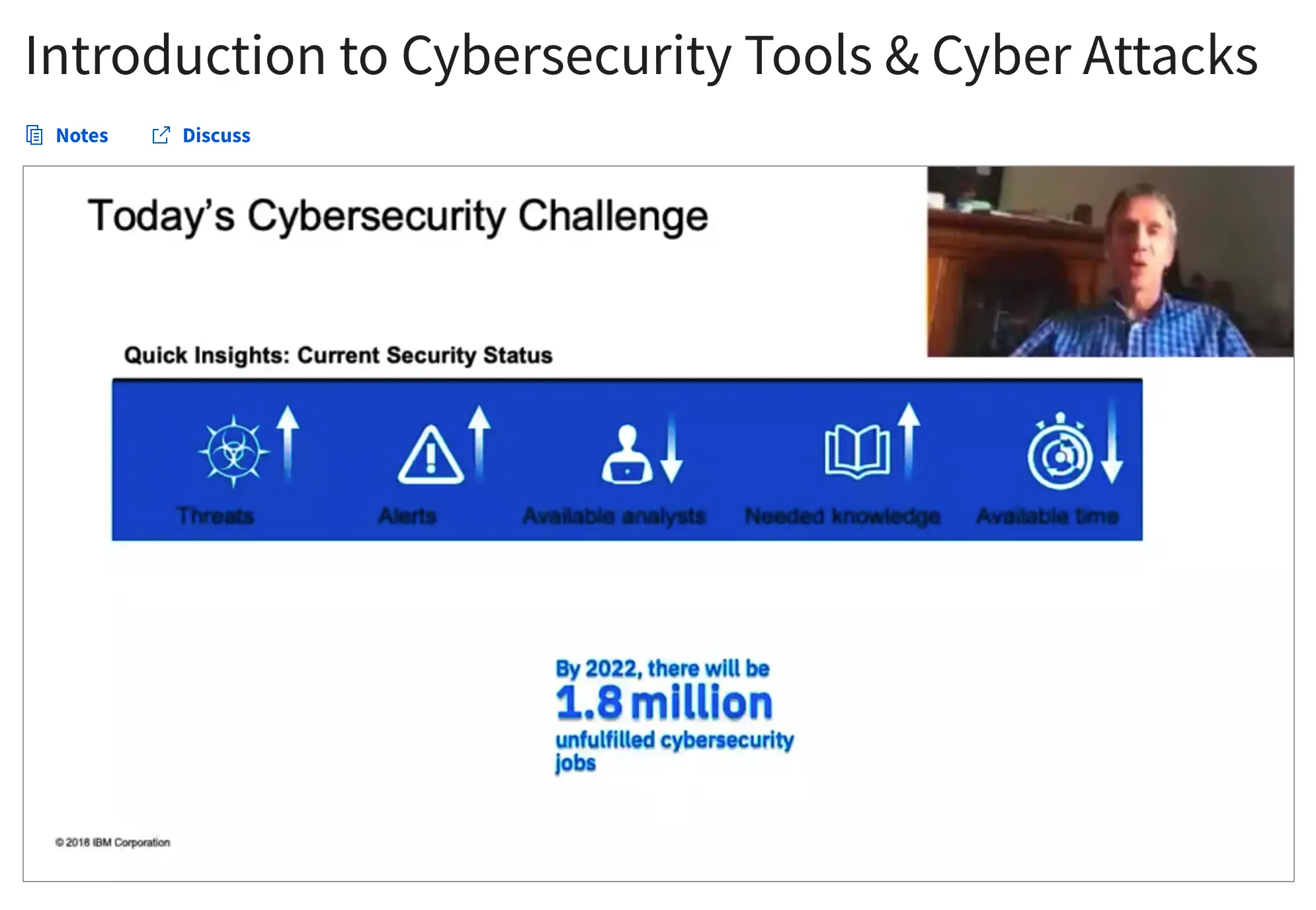
The first course in the IBM Cybersecurity Analyst Certificate introduces students to the concepts of cybersecurity and cyber-attacks in the current landscape. The program provides a background into the basics of cybersecurity and the types of threats facing modern companies.
Consisting of around 20 hours of content, this course is split into 4 weeks, starting with a week that looks at the history of cybersecurity and how it has evolved. In week 2, you’ll examine malicious actors and their motives, as well as the types of attacks launched against businesses and individuals.
In week 3, IBM’s tutors will introduce you to key security concepts like incident response, governance, and best practices for compliance. In week 4, you’ll examine key security tools, such as anti-virus programs, firewalls, cryptography, penetration testing, and digital forensics.
You’ll also learn how to seek out resources on industry and current threats for research purposes.
| Week | Topic | Time To Complete |
|---|---|---|
| Week 1 | History of Cybersecurity | 5 hours |
| Week 2 | A brief overview of types of actors and their motives | 6 hours |
| Week 3 | An overview of key security concepts | 5 hours |
| Week 4 | An overview of key security tools | 3 hours |
Course 2: Cybersecurity Roles, Processes & Operating System Security
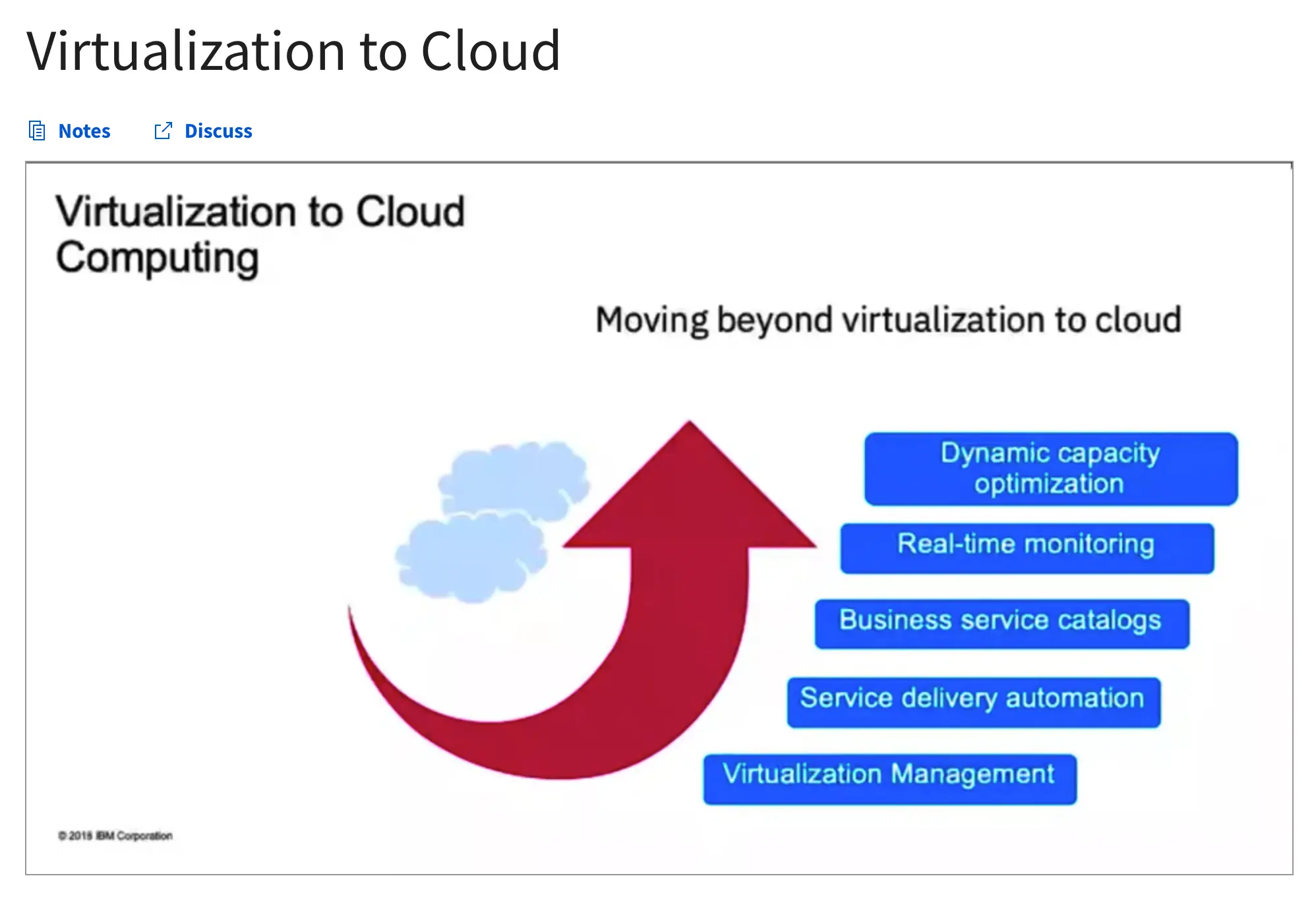
The second course in this certification looks at the essential security roles in a company. You’ll examine key cybersecurity processes (with examples) and learn how to explore basic commands, file systems, and architectures for various operating systems. The 15 hours of content in this course are split across 4 weeks.
In week 1, you’ll explore people, processes, and technology in a typical security environment. You’ll learn about the service management framework and key ITIL processes. In week 2, you’ll introduce the CIA triad and its relevance to cybersecurity before evaluating concepts like authentication and access control.
Week 3 introduces Windows, Apple, and macOS security basics, exploring short code commands, resources, and cheat sheets to assist with investigation processes.
Finally, week 4 covers the concepts of virtualization and cloud computing and the governance strategies involved in working within the cloud environment. There are numerous quizzes associated with each module.
| Week | Topic | Time To Complete |
|---|---|---|
| Week 1 | People Process & Technology | 4 hours |
| Week 2 | Examples & Principles of the CIA Triad | 2 hours |
| Week 3 | Windows Operating System Security Basics | 3 hours |
| Week 4 | Overview of Virtualization | 4 hours |
Course 3: Cybersecurity Compliance Framework & System Administration
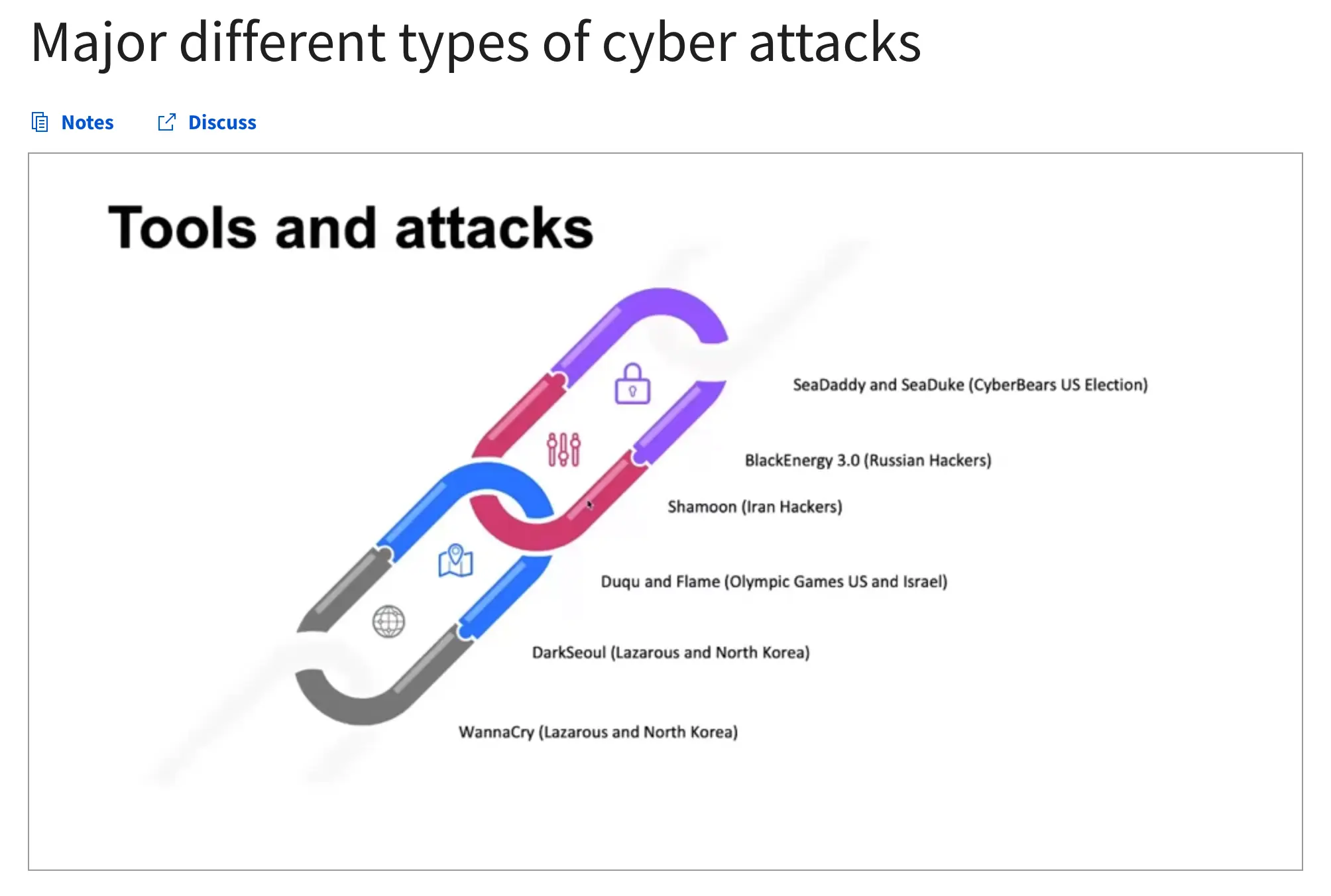
Module 3 of the Cybersecurity Analyst certificate gives you the background required to understand key compliance and industry standards in your new role. Through 16 hours of quizzes, hands-on projects, and video lessons, you’ll learn how to manage multiple standards such as PCI, GDPR, HIPAA, SANS, and NIST.
Week 1 introduces the fundamentals of compliance frameworks and how they relate to cybersecurity. You’ll discover everything you need to know about the different compliance standards for each industry. In week 2, the instructors cover concepts like client system administration, endpoint protection, and patching strategies.
Week 3 covers all the key topics involved with server and user administration for Windows and Linux.
Finally, in week 4, you’ll explore the elements of cryptography and encryption from the view of a penetration tester. You’ll also learn about the pitfalls organizations commonly face when developing products and how to defend different data types.
| Week | Topic | Time To Complete |
|---|---|---|
| Week 1 | Compliance Frameworks and Industry Standards | 6 hours |
| Week 2 | Client System Administration, Endpoint Protection, and Patching | 4 hours |
| Week 3 | Client System Administration, Endpoint Protection, and Patching | 4 hours |
| Week 4 | Cryptography and Compliance Pitfalls | 3 hours |
Course 4: Network Security & Database Vulnerabilities
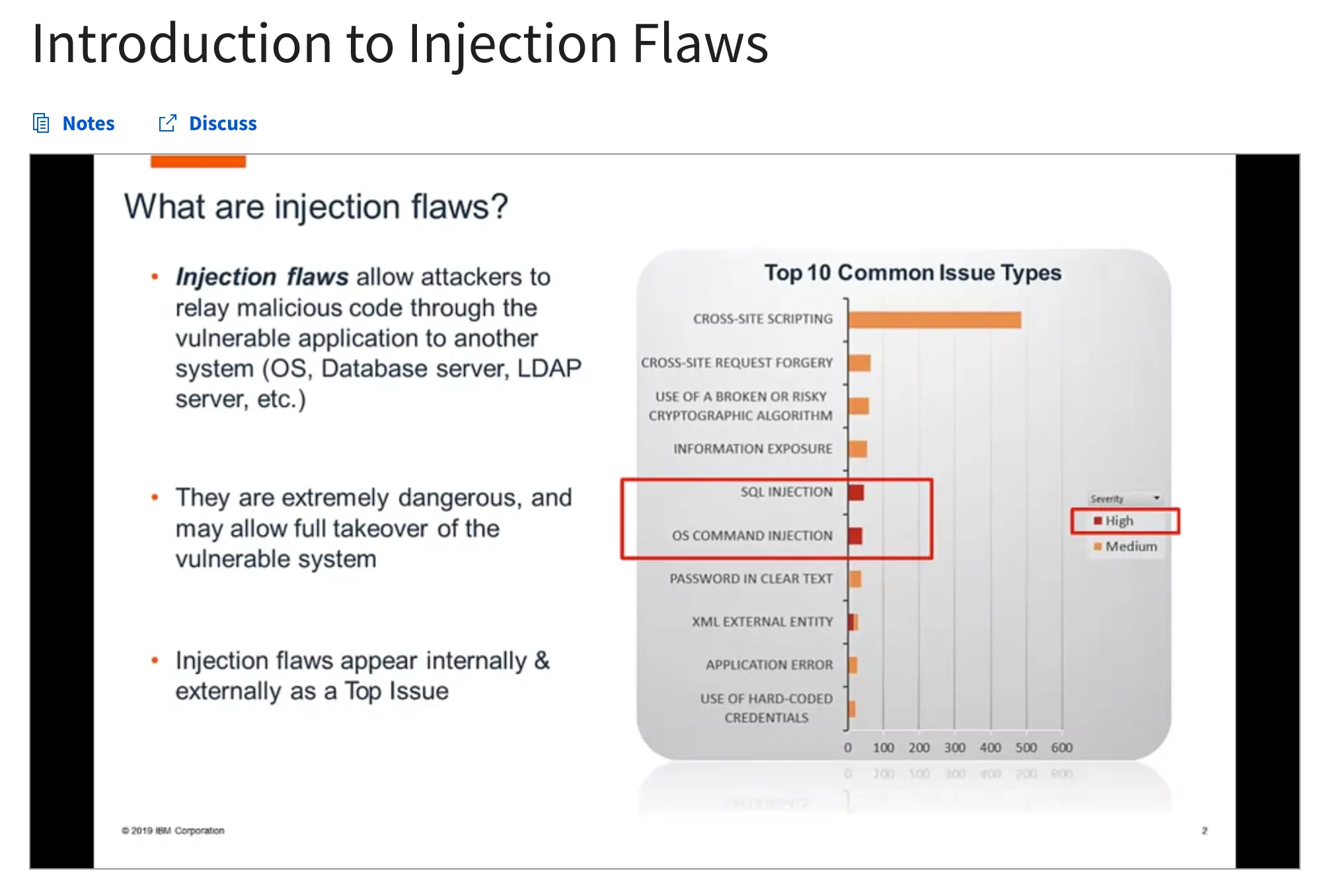
In the fourth module of this certificate, students begin their work on network security and database vulnerability. You’ll learn about Local Area Networks, OSI frameworks, routing basics, and TCP/IP.
Through 14 hours of study, you’ll discover how to leverage IP addressing network address translation and packet sniffing. Plus, you’ll explore the vulnerabilities of key databases for cybersecurity, such as MongoDB, Couch, Oracle, and SQL.
The first week in the module covers TCP/IP frameworks, ethernet and LAN networks, and routing and switching basics. You’ll also learn the differences between detection and intrusion prevention. Week 2 covers the basics of IP addressing and the OSI module and how to leverage high availability and clustering tools in networks.
Week 3 introduces databases, helping students to define data sources and model types alongside various types of data. You’ll also explore use cases with an insight into the IBM Security Guardium solution for data protection.
Finally, week 4 takes a deep dive into injection vulnerability, with overviews from an IBM subject matter expert.
| Week | Topic | Time To Complete |
|---|---|---|
| Week 1 | TCP/IP Framework | 4 hours |
| Week 2 | Basics of IP Addressing and the OSI Model | 4 hours |
| Week 3 | Introduction to Databases | 4 hours |
| Week 4 | Deep Dive - Injection Vulnerability | 2 hours |
Course 5: Penetration Testing, Incident Response, and Forensics
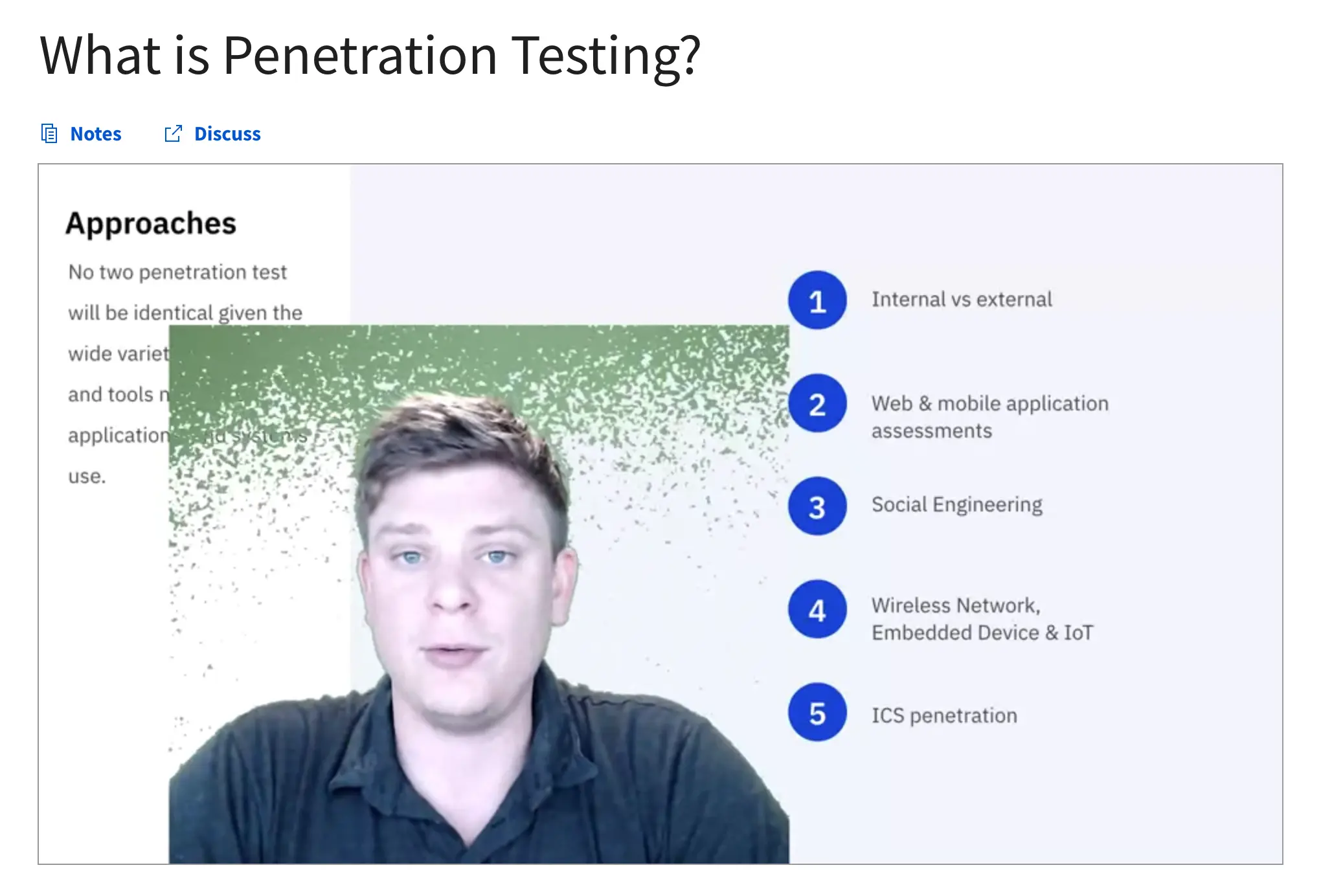
The fifth course in the IBM Cybersecurity certificate explores the different phases of penetration testing, how to gather data, and use popular tools for threat evaluation. This course includes approximately 17 hours of content, spread over 4 weeks, with quizzes at the end of each class.
Week 1 begins with an overview of penetration testing and the tools for tracking attacks. You’ll learn about hacking techniques and reporting resources.
In week 2, you’ll begin exploring the various phases of incident response, looking at the importance of documentation and how to initiate crucial response strategies.
Week 3 looks at the forensic process, from data collection and examination to analysis and reporting. Students will explore the key components of handling data and recovering information for a forensic evaluation.
Finally, in week 4, you’ll learn why scripting is important to cybersecurity, with a behind-the-scenes insight into the role of Python programming.
| Week | Topic | Time To Complete |
|---|---|---|
| Week 1 | Penetration Testing | 4 hours |
| Week 2 | Incident Response | 5 hours |
| Week 3 | Digital Forensics | 5 hours |
| Week 4 | Introduction to Scripting | 3 hours |
Course 6: Cyber Threat Intelligence
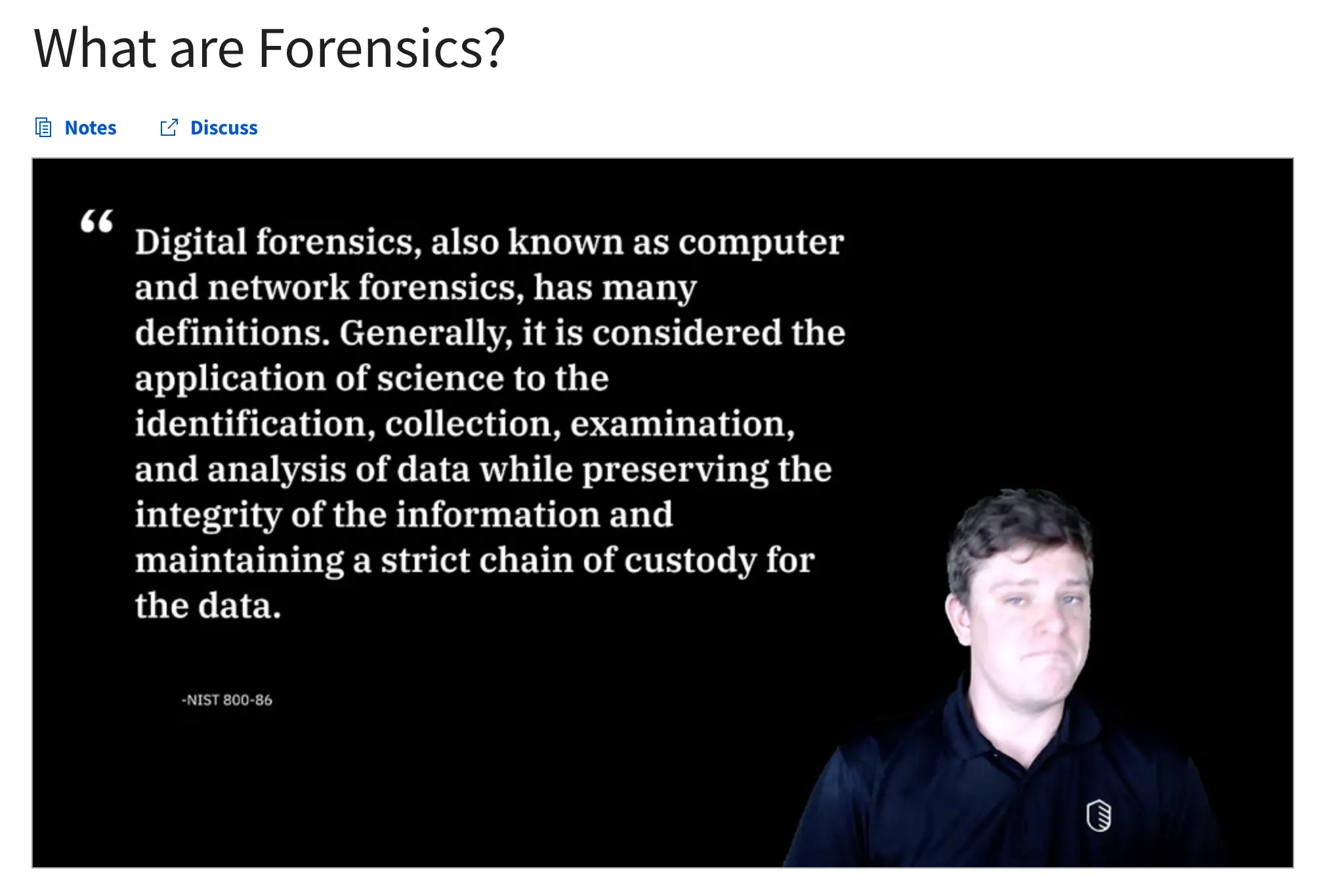
During the 6th course in the IBM Cybersecurity Analyst certificate, you’ll learn about network defensive strategies, defining key access control and monitoring strategies. The course provides hands-on access to cybersecurity tools, so you can experiment with data loss prevention and recognize key application vulnerabilities.
Over 5 weeks of lessons, and around 26 hours of content, students get a behind-the-scenes look at the importance of threat intelligence.
Week 1 begins with a look at threat intelligence platforms, frameworks, and security intelligence resources.
Week 2 discusses data loss prevention and mobile endpoint protection with common tools.
In week 3, you’ll learn how to use scanning technologies, application security, and DevSecOps strategies.
During week 4, your instructor will take you on a deep dive into SIEM platforms, vendors, and concepts, with industry examples. You’ll also discover how to apply AI to SIEM. In week 5, students will learn how to use proactive threat hunting at a Security Operation Center (SOC).
| Week | Topic | Time To Complete |
|---|---|---|
| Week 1 | Threat Intelligence | 3 hours |
| Week 2 | Data Loss Prevention and Mobile Endpoint Protection | 6 hours |
| Week 3 | Scanning, Application Security, and Testing | 6 hours |
| Week 4 | SIEM Platforms | 9 hours |
| Week 5 | Threat Hunting | 2 hours |
Course 7: Cybersecurity Capstone: Breach Response Case Studies
Week 7 introduces the capstone project for the IBM Cybersecurity Analyst Certificate. Consisting of around 16 hours of educational resources, the course will require students to select and research a breach relevant to the news today so that they can apply research, incident response, and documentation strategies as cybersecurity professionals.
Week 1 begins with an overview of incident management response and cyberattack frameworks. Your instructor will cover points such as NIST incident response, target attack timelines, and cyber attack frameworks, with insights into how to use X-Force resources. In week 2, you’ll learn about phishing scams with in-depth case studies and overviews.
Week 3 looks at third-party breaches and the impact they can have on organizations through case studies. Your instructors will also cover topics such as ransomware and the emerging trends influencing the cybersecurity landscape today.
Finally, in week 4, you’ll learn how to apply your skills to recognize a data breach, vulnerability issues, and potential costs facing a company dealing with a security threat. You will need to complete your hands-on project to earn your certification.
| Week | Topic | Time To Complete |
|---|---|---|
| Week 1 | Incident Management Response and Cyberattack Frameworks | 5 hours |
| Week 2 | Phishing Scams, Point of Sale Breach | 5 hours |
| Week 3 | 3rd Party Breach, Ransomware | 3 hours |
| Week 4 | Apply Your Skill - Data Breaches | 4 hours |
Course 8: IBM Cybersecurity Analyst Assessment
The final course in this certificate is the examination, which will take approximately 4 hours to complete. There are 3 readings to finish, including a practice exam and some preparation resources to help you prepare for your final examination.
You will need to complete the certification with a final assessment quiz for each of the 7 courses you’ve taken previously. On successful completion of all the quizzes, you will be awarded your IBM Cybersecurity Professional Certificate.
| Week | Topic | Time To Complete |
|---|---|---|
| Week 1 | IBM Cybersecurity Analyst Professional Certificate Assessment Exam | 4 hours |
IBM Cybersecurity Analyst Certificate Exams
To receive your college credits and IBM certification for this course, you must complete all 8 courses and their associated hands-on projects, quizzes, and tests. Most modules will include review-style quizzes to help you assess your knowledge as you proceed.
There are various graded assessments and hands-on tasks included in this certification, which will contribute towards your passing grade. You will be taught how to use each tool, framework, and strategy assessed in the final examination as you progress through the course. Finally, you will be required to demonstrate your understanding of all the previous lessons with a capstone project and a 4-hour examination.
Finishing all of the components of this course successfully will allow you to access your IBM certification, which can be included in your resume. You’ll also receive 10 college credits to apply to other ACE-certified programs. Plus, you’ll walk away with a project you can show to employers.
You can view below examples of what the exam questions look like:
How Hard is the IBM Cybersecurity Analyst Certificate?
The IBM Cybersecurity Analyst certificate is designed for beginners, with step-by-step instructions and guidance included every step of the way. You’ll have access to case studies and practice exams, as well as quizzes to help you accelerate your understanding of the topics covered.
The courses and lessons included in this program are relatively straightforward for beginners. However, you will need a basic understanding of computing systems and some cybersecurity knowledge. Each module can be taken at your own pace.
With the guidance provided, even a beginner in this industry can prepare for an entry-level career in the security landscape.
Is the IBM Cybersecurity Analyst Certificate Worth it?
If you’re interested in starting a new career in cybersecurity, this IBM course is definitely worthwhile. It provides students with a full overview of the threat landscape faced by companies today, with behind-the-scenes insights into concepts delivered by subject matter experts.
You’ll use case studies, leading technologies, and frameworks to develop your understanding of cybersecurity in the digital world. The up-to-date resources will prepare you for various careers linked to threat intelligence and data security. On average, entry-level cybersecurity analysts and experts can earn approximately $84,400 annually after completing this certificate.
The skills you develop will prepare you to handle various threat issues in the modern landscape. Plus, you’ll gain a globally-recognized certification as well as 10 college credits you can apply to further study and accreditation. You’ll also be able to demonstrate your knowledge with a hands-on project for your portfolio.
If you want to start a career in the in-demand landscape of cybersecurity, this IBM certificate is very worthwhile.
Enroll Now For Free

